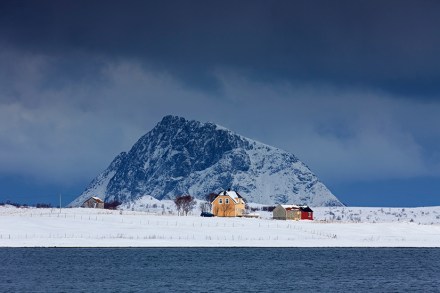War between Heaven and Hell: The Absolute Book, by Elizabeth Knox, reviewed
More from BooksUrsula Le Guin once described speculative fiction as ‘a great heavy sack of stuff, a carrier bag full of wimps and klutzes’. By this definition, Elizabeth Knox’s genre-hopping fantasy The Absolute Book must count as oversized baggage; but it trundles along winningly, even if it’s a trifle stout at 640 pages. Taryn Cornick is our






























